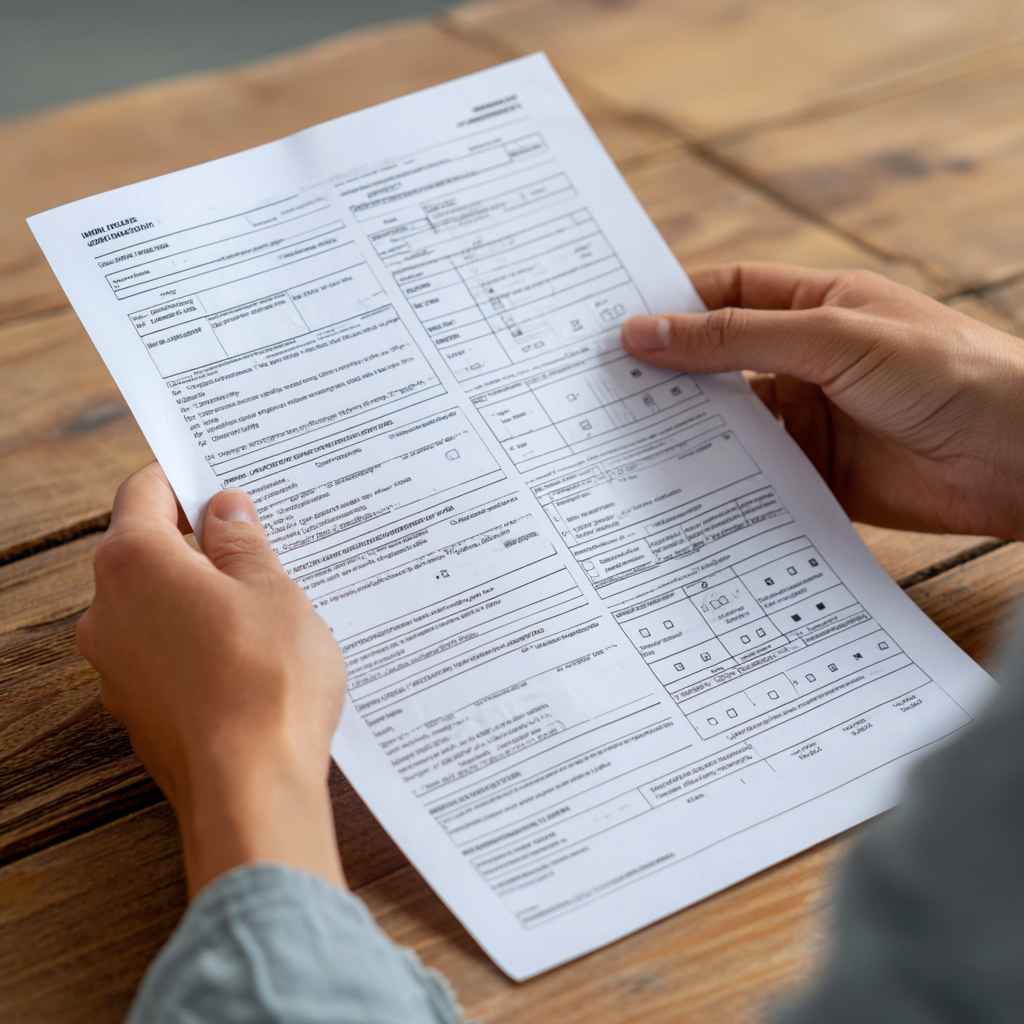Content
In today’s competitive talent market, HR professionals are expected to do more than just fill roles—they need to make hiring decisions that directly impact performance, productivity, and retention. The stakes are high: a single bad hire can cost thousands in lost productivity, rehiring, and damaged team morale.
This is where job knowledge tests come in. For HR professionals, these assessments serve as an evidence-based hiring tool that complements resumes and interviews. Rather than relying on gut instinct or unverified claims, HR teams can use job knowledge tests to see how candidates actually perform on tasks that mirror the real role.
Think of them as a “preview” of an employee’s abilities. For instance, does the candidate applying for an administrative role type quickly enough to keep up with high-volume workloads? Can the applicant for a financial analyst position confidently build pivot tables in Excel? With job knowledge tests, HR doesn’t have to guess—they get data-driven proof.
By adopting job knowledge tests, HR professionals also gain credibility within their organizations. They can show hiring managers and leadership that decisions are based on validated, measurable performance indicators—not assumptions.
What Are Job Knowledge Tests?

At their core, job knowledge tests are practical assessments designed to evaluate whether a candidate has the skills, knowledge, and technical abilities necessary to succeed in a specific job. Unlike broad psychometric tools or personality assessments, job knowledge tests are laser-focused on the actual work being performed.
Here’s what sets them apart:
- Role-Specific Design
Each test is tailored to the position. For example, a Data Entry Test will focus on speed and accuracy, while a Writing Skills Test will focus on grammar, tone, and clarity. - Realistic Scenarios
Instead of abstract questions, candidates complete tasks similar to what they’ll do on the job—formatting a document, entering codes under time pressure, or cleaning a messy dataset in Excel. - Immediate Insights
HR gets a clear snapshot of whether the candidate can hit the ground running. High scorers are usually job-ready with minimal extra training.
For HR professionals, this distinction is key: job knowledge tests don’t just measure potential, they measure current capability.
Why Job Knowledge Tests Matter for HR Professionals
For HR, using job knowledge tests is about reducing risk, saving time, and improving the quality of hire. Here’s why they’ve become an essential tool:
- Better Hiring Accuracy
Instead of relying on what candidates say they know, HR gets hard evidence of their ability to perform. For example, a Typing Test shows exactly who can handle fast-paced, communication-heavy roles. - Improved Efficiency in Screening
Job knowledge tests act as an early filter, saving interview slots for only the best candidates. An HR team that screens with a Computer Literacy Test can avoid wasting time on applicants who aren’t comfortable with digital basics. - Reduced Training Costs
Job-ready hires require less onboarding, which saves HR departments both time and money. An employee who scores well on an MS Word Test can immediately produce professional reports, reducing the need for remedial training. - Fairer, More Consistent Hiring
Standardized tests mean every candidate is measured against the same criteria, minimizing bias and ensuring equal opportunity.
👉 To weigh the upsides and challenges more deeply, explore our guide on the Pros and Cons of Using a Job Knowledge Test in Your Hiring Process.
Examples of Job Knowledge Tests for HR

Job knowledge tests come in many forms, depending on the role being filled. Here are some of the most common (and practical) options HR teams use regularly:
- Excel Test
Tests whether candidates can use formulas, build pivot tables, and analyze data. Essential for roles in finance, operations, and data-heavy positions. Without this test, HR risks hiring someone who claims Excel proficiency but struggles with even intermediate functions. - Data Entry Test
Evaluates speed, accuracy, and consistency in handling numeric and alphanumeric data. Perfect for administrative, logistics, and back-office roles. Small errors in these jobs can snowball into large compliance or financial issues, which makes this test invaluable. - Typing Test
Measures typing speed and accuracy, usually in words per minute (WPM). Important for customer service, transcription, and clerical work where efficiency is crucial. It’s a quick and simple filter that saves HR from interviewing candidates who can’t meet minimum productivity standards. - Writing Skills Test
Assesses grammar, tone, organization, and clarity. This is critical for HR, management, or client-facing roles where poor communication could damage brand reputation or create legal risks (like poorly written contracts or HR policies). - Computer Literacy Test
Screens for digital fluency with everyday tools like file management, saving documents, adjusting permissions, or navigating software. In a digital-first workplace, even basic tasks require this skill. This test ensures candidates won’t struggle with simple technology expectations. - MS Word Test
Focuses on formatting, creating tables, and managing longer documents. For managers, HR staff, or administrative hires, this ensures candidates can produce polished, professional documents without extra training or errors.
👉 To see how these tests look in practice, check out Job Knowledge Test Samples and Questions for Structured Hiring.
How HR Professionals Can Use Job Knowledge Tests Effectively

Simply buying access to job knowledge tests isn’t enough—HR needs to know how to integrate them into the hiring process for maximum impact. Here’s how:
- Align Tests With Job Requirements
Always start with a job analysis. What are the top five skills required for success? Match the test to those. For example, if Excel is only occasionally used in a role, don’t make it the centerpiece of the test. Instead, focus on the primary tasks. - Keep Candidate Experience in Mind
Tests should be short, focused, and relevant. A 15–20 minute typing test is manageable. A two-hour test, on the other hand, may frustrate candidates and drive away top talent. HR should balance the need for insight with respect for candidate time. - Use Tests Early in the Funnel
Incorporating job knowledge tests before interviews saves HR from wasting time on unqualified applicants. Candidates who pass move forward, while those who don’t are filtered out before consuming more HR bandwidth. - Pair With Other Assessments
Job knowledge tests measure skills, but they don’t measure reliability or culture fit. Pair them with integrity or attitude tests, structured interviews, and reference checks for a complete hiring picture. - Validate and Review Regularly
HR should validate their tests by comparing scores to current high-performing employees. If top performers consistently score higher, the test is reliable. If not, it may need to be updated. Our guide on How to Validate a Job Knowledge Test for Better Hiring Decisions explains how to do this. - Budget Thoughtfully
Costs can range from $10 per test to thousands per year for subscriptions. HR should budget based on candidate volume and role criticality. For a full breakdown, see Cost of a Job Knowledge Test for HR and How to Budget for It.
By applying these strategies, HR professionals can transform job knowledge tests from “extra steps” into strategic tools that improve hiring accuracy, reduce turnover, and strengthen business performance.
FAQ
Q1. What is the role of HR in job knowledge testing?
HR professionals are responsible for selecting, implementing, and validating tests to ensure they predict performance and fit the hiring process.
Q2. How do I know which test to use for a role?
Look at the core daily tasks of the job. For data-heavy roles, use Excel. For admin, typing and Word are key. For office staff, computer literacy is a must.
Q3. Are job knowledge tests fair?
Yes, when designed well. They reduce bias by evaluating everyone against the same standards rather than subjective impressions.
Q4. Do job knowledge tests replace interviews?
No—they complement them. Tests show skill, while interviews assess behavior, communication, and culture fit.
Final Thoughts
For HR professionals, job knowledge tests are more than just assessments—they’re tools to hire smarter, reduce risks, and save resources. By using validated, role-specific assessments like the Excel Test, Data Entry Test, Typing Test, Writing Skills Test, Computer Literacy Test, and MS Word Test, HR can ensure candidates are truly job-ready.
👉 Explore all of our Skills Assessment Tests here or book a free demo today to see how job knowledge tests can transform your hiring process.
